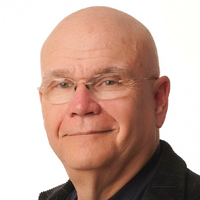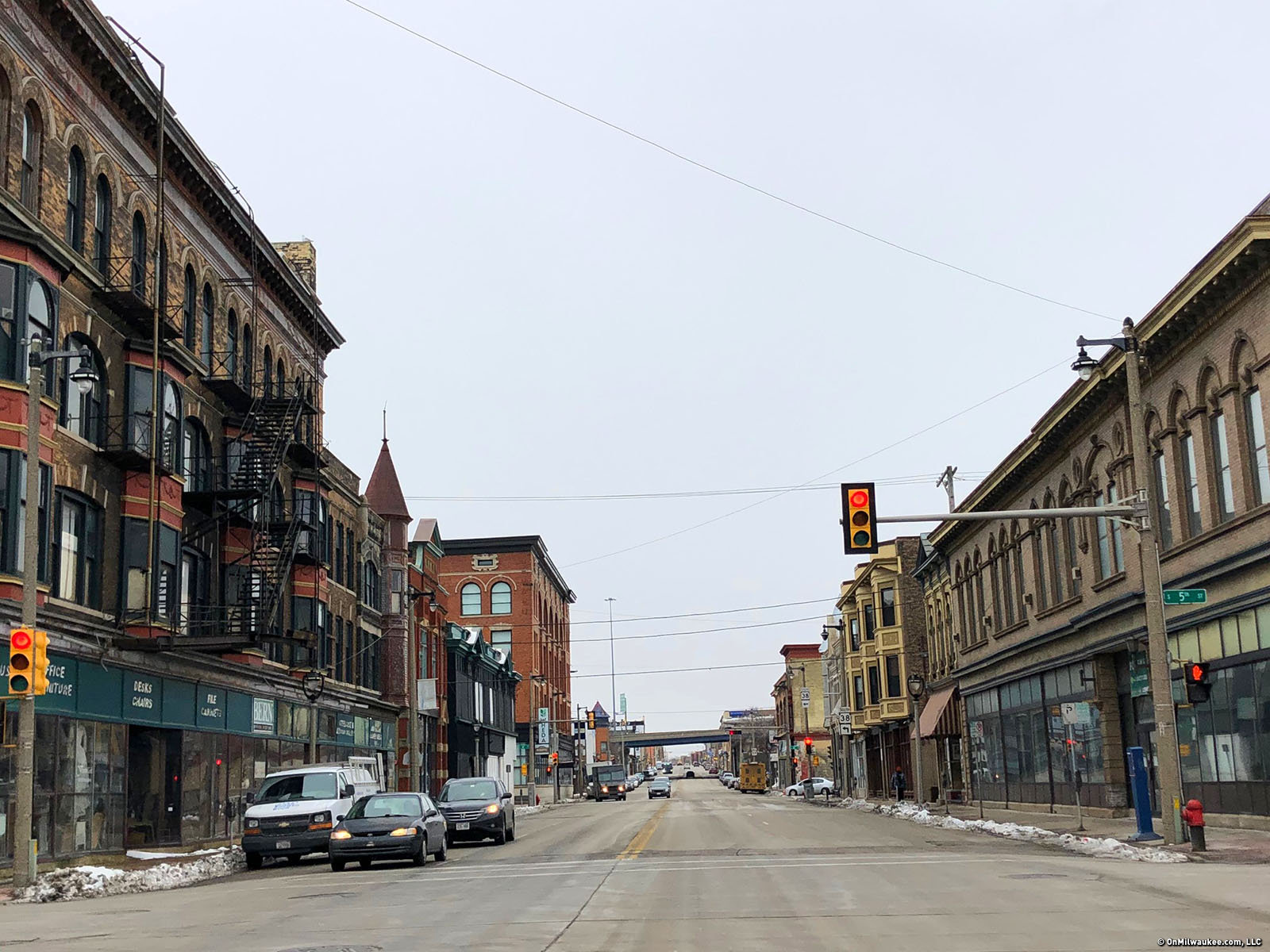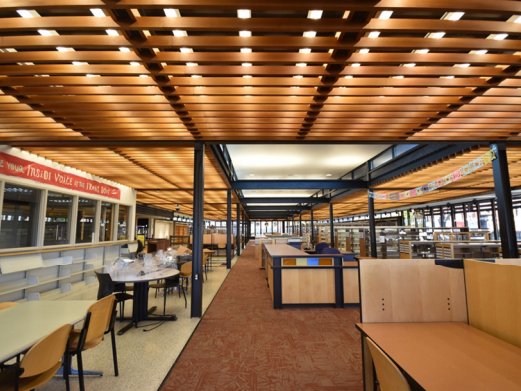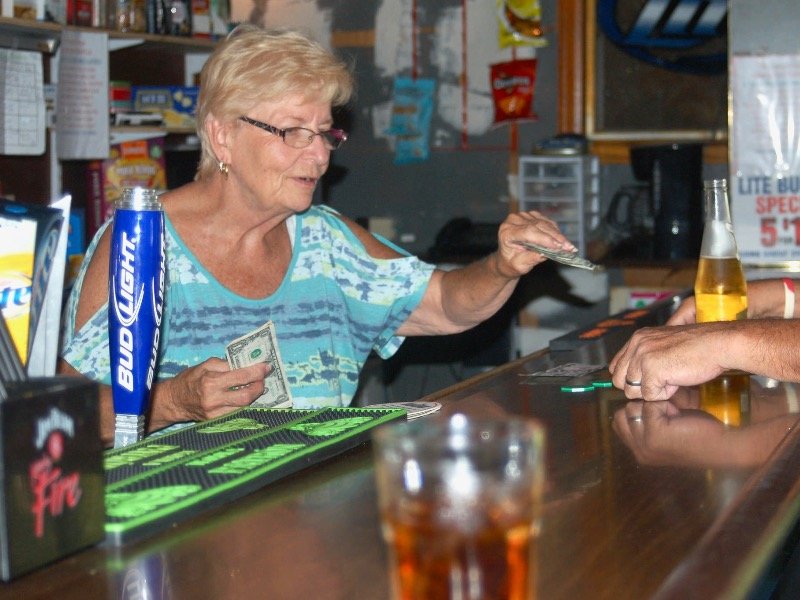During the final days of 2009, after the annual Christmas rush, Frank Jakubczak closed his family business in the heart of the ethnic South Side and prepared to settle into a well-earned retirement.
Over 36 years, the Polish immigrant had built his European Homemade Sausage Shop on Muskego Avenue into a strong enough enterprise to raise three children and help them get good educations.
The small store's refrigerated display cases were cleaned out and the door locked as 2010 approached. It was time for Frank to kick back.
But Jakubczak soon returned to the kitchen, European Homemade Sausage Shop has a slick website, and more than 1,300 people like it on Facebook. What happened?
A few months into retirement, Easter loomed on the calendar, and Frank got the itch. His family got the itch.
And his customers certainly got the itch. They filled the closed store's telephone answering machine with panicky messages.
"I told my wife I was going to open the shop for Easter," the 75-year-old Jakubczak recalled last week. "She didn't believe me at first.
"I was missing my customers. It's a good feeling when your customers compliment you and what you make."
Not only did the sausage master fire up his smoker and grinder for the holiday, he decided to end his retirement, with some accommodations for his advancing years. The shop is open only Thursday through Saturday, with two large exceptions – Christmas and Easter.
The run-up to those holidays has traditionally been crazy busy in the store, and beginning today, it is open Monday through Saturday until Easter. It closes from noon to 3 p.m. on Good Friday.
Jakubczak makes and sells about a half ton of sausage during the average three-day week. That increases fivefold on pre-holiday weeks.
It makes no difference that the ethnic composition of the store's neighborhood has changed from eastern European to Hispanic since Frank bought the old Nimmer Meat Market in 1973 and transformed it into European Homemade Sausage. Customers drive long distances to stock up on such vanishing delicacies as Swedish potato sausage, Hungarian headcheese, and five different varieties of blood sausages.
Jakubczak makes mild and spicy dried hunter's sausage, so named because it is an easy snack for hunters to stuff into pockets while walking fields and forests. He is among a handful of craftsmen making Slovenian sausage in this country. His shop sells four varieties.
Fresh and smoked Polish sausage are the biggest sellers, and Frank also offers such mainstream products as brats, Italian sausage and breakfast pork sausage. Canadian bacon, ham shanks, smoked butt and smoked spare ribs are also available. Internet orders were shipped to all 48 contiguous states last year.
The young man gravitated to Milwaukee and worked for several small and medium-sized sausage companies – all out of business now – before buying the 1905-vintage Nimmer building and setting up shop. Herman Nimmer had slaughtered animals at the rear of the structure in the early days of his meat market.
All of the sausage is made in a room behind the retail space. Frank still uses a large walk-in refrigerator the previous owner installed in about 1916. It was among the first to be employed by area butchers.
Since Jakubczak unretired, daughter Mary Donnelly, a West Allis chiropractor, and son Andy, a Madison business consultant, have become more involved with the shop. They established an online store last year and maintain a lively Facebook page featuring weekly recipes that include their father's products.
Donnelly speaks about the few months the store was closed. "It was a loss for all of us. It was difficult. We lived above the shop while growing up, and we all worked here."
European Homemade Sausage Shop has received increased media attention in the last two years, with segments on the History Channel's "All About Meat" and the independently produced "Wisconsin Foodie" television series. The store is something of a dinosaur.
"Almost every nationality had its own sausage shop in Milwaukee at one time," Jakubczak said. Donnelly added that many neighborhoods had their own meat markets that also produced sausage.
That is history now. "I think dad's business is still standing because he loves his work and he has always been dedicated to quality," Donnelly adds. "His business model is so simple.
"He uses no fillers, no MSG and no preservatives. All of his sausage is gluten free. You take his sausage off the grill and it is not mushy."
The website, online store and Facebook page are part of an effort by Jakubczak's children to keep their father's business running after he really does retire. He currently has an apprentice learning the sausage-making trade under him.
"We're working on keeping the tradition going," Donnelly says.
Damien has been around so long, he was at Summerfest the night George Carlin was arrested for speaking the seven dirty words you can't say on TV. He was also at the Uptown Theatre the night Bruce Springsteen's first Milwaukee concert was interrupted for three hours by a bomb scare. Damien was reviewing the concert for the Milwaukee Journal. He wrote for the Journal and Journal Sentinel for 37 years, the last 29 as theater critic.
During those years, Damien served two terms on the board of the American Theatre Critics Association, a term on the board of the association's foundation, and he studied the Latinization of American culture in a University of Southern California fellowship program. Damien also hosted his own arts radio program, "Milwaukee Presents with Damien Jaques," on WHAD for eight years.
Travel, books and, not surprisingly, theater top the list of Damien's interests. A news junkie, he is particularly plugged into politics and international affairs, but he also closely follows the Brewers, Packers and Marquette baskeball. Damien lives downtown, within easy walking distance of most of the theaters he attends.







